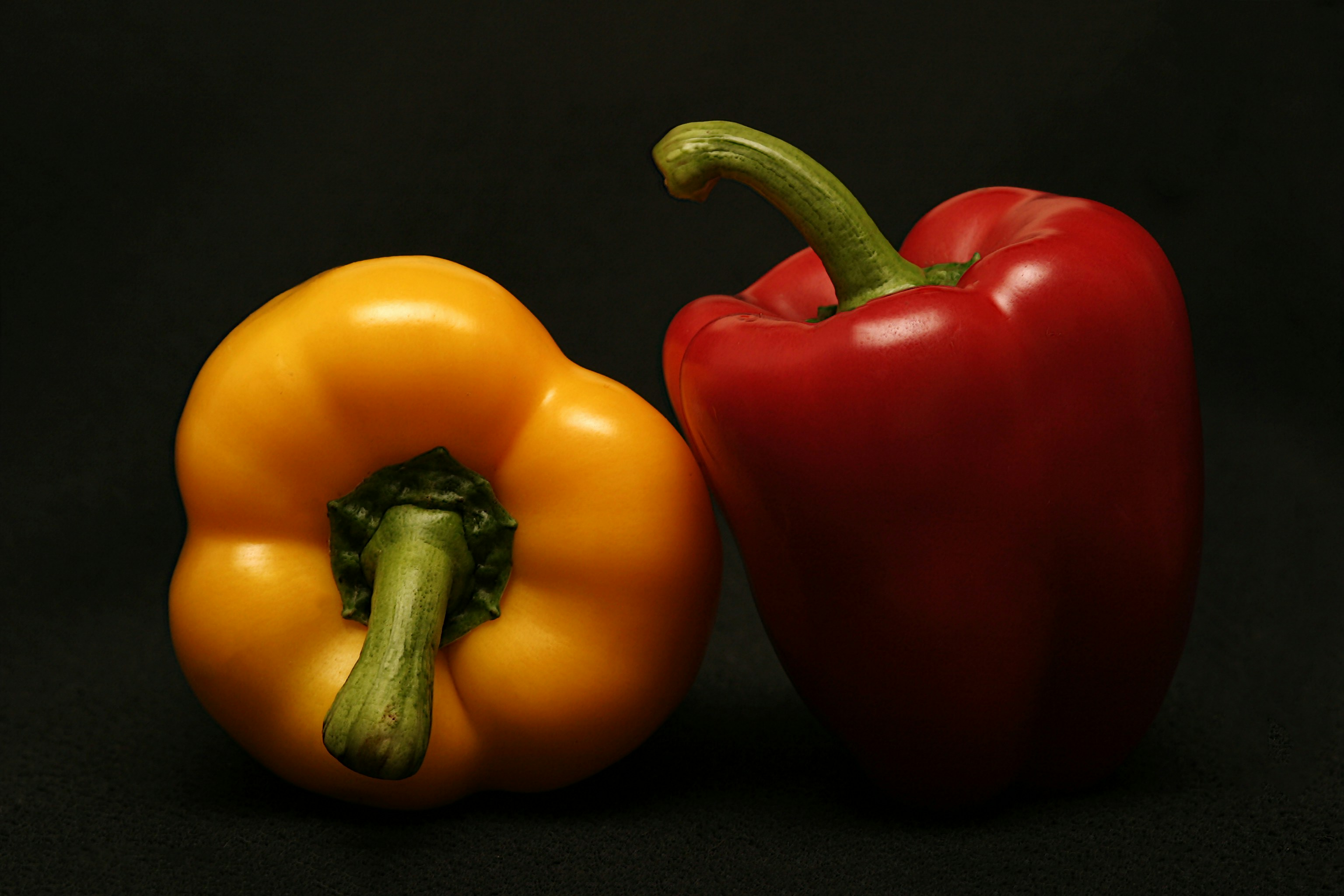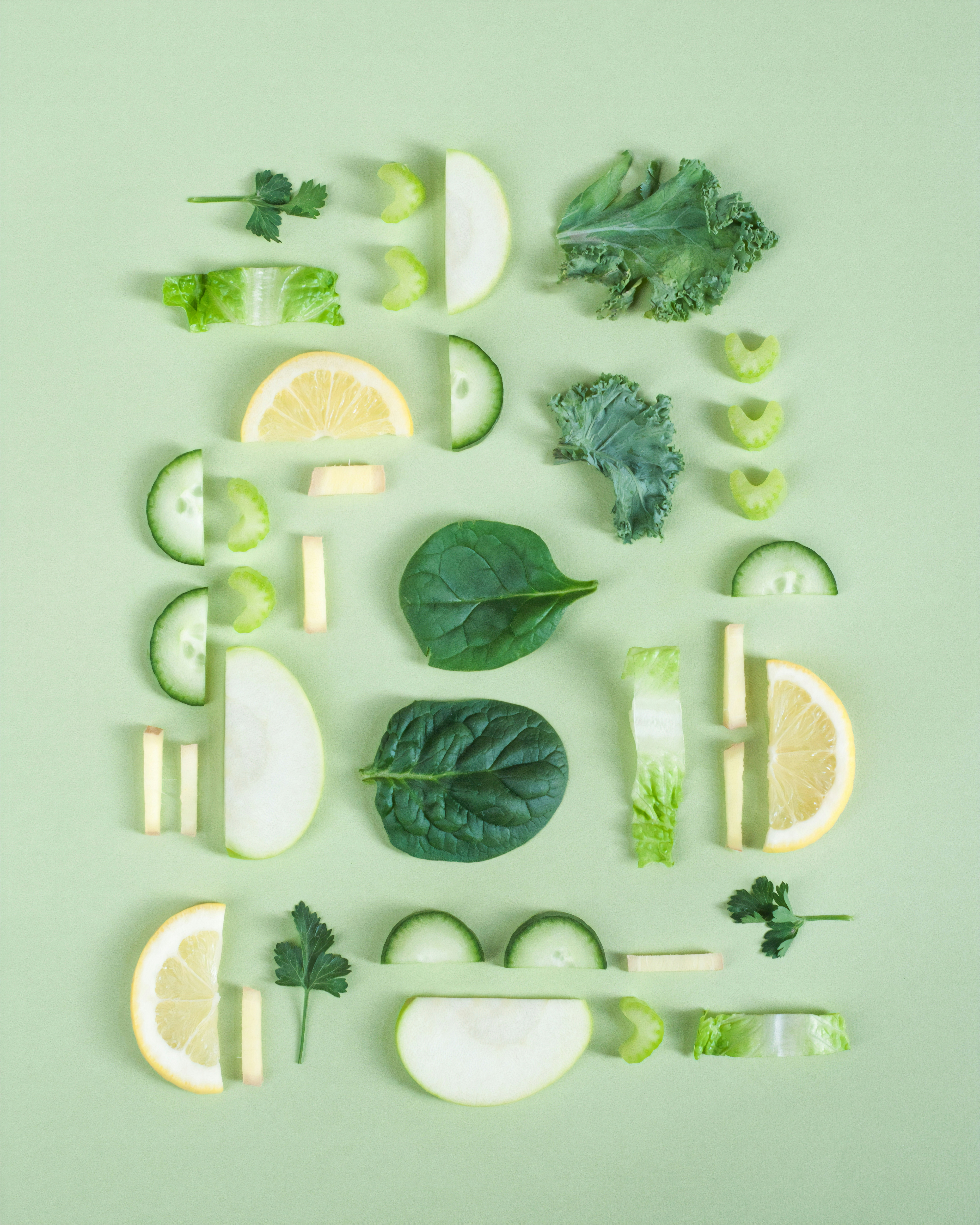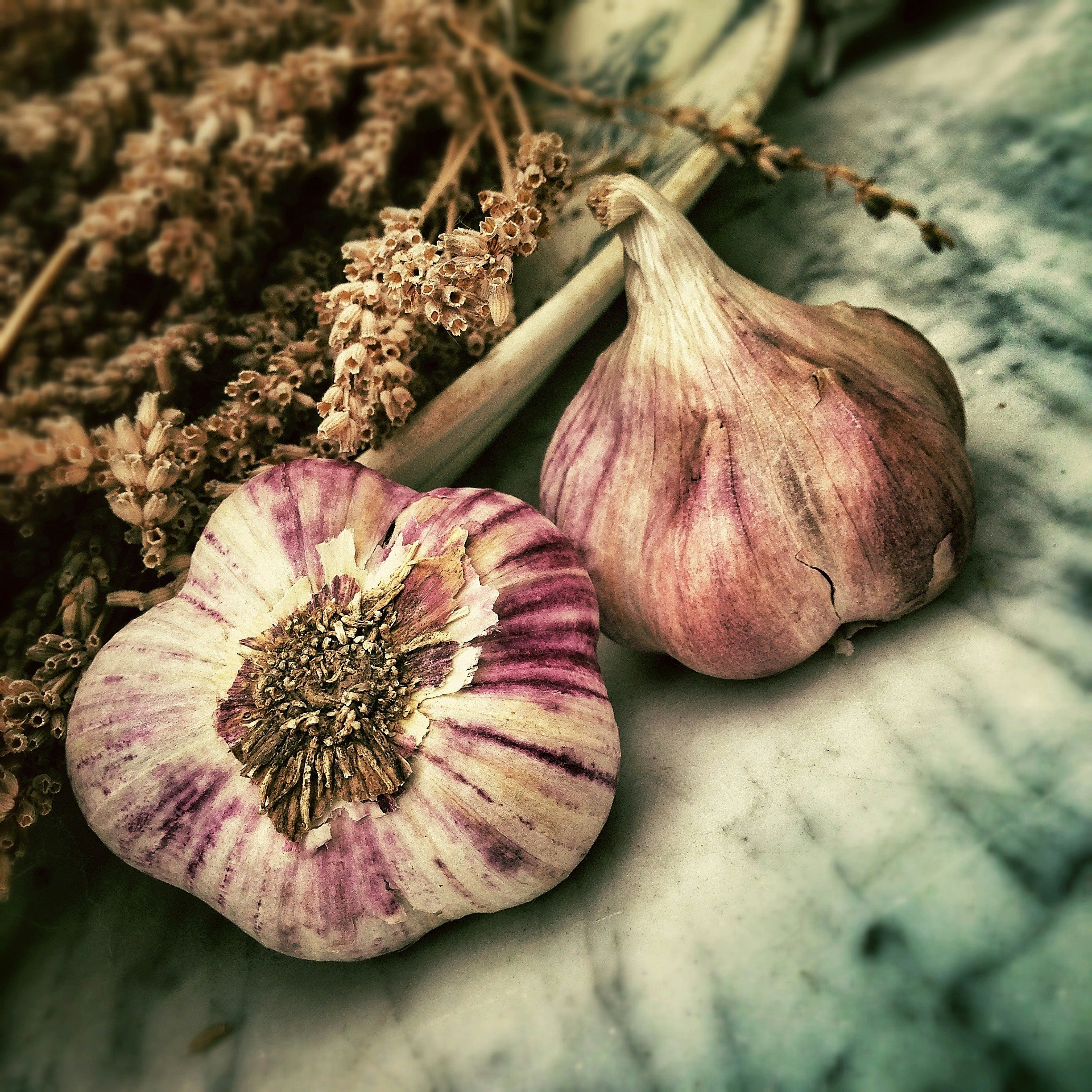Imagine stepping into your own backyard oasis, a vibrant and serene Asian garden filled with beautiful and exotic plants. With Asian Garden Seeds, you can bring the enchanting allure of the East right to your doorstep. Discover a wide variety of seeds, carefully selected to help you create a stunning Asian-inspired garden that showcases the rich and diverse flora of Asia. From delicate cherry blossoms to elegant bonsai trees, Asian Garden Seeds provides the key to unlocking a world of natural beauty and tranquility. Get ready to embark on a botanical journey that will transport you to the captivating landscapes of Asia – all from the comfort of your own home.
Benefits of Asian Garden Seeds
Improved Flavor and Aroma
When it comes to flavor and aroma, Asian garden seeds offer a delightful experience for your taste buds. The vegetables grown from these seeds possess a unique and distinct flavor that is often missing in store-bought produce. Whether it’s the crisp and peppery taste of bok choy, the slightly sweet and nutty flavor of Japanese eggplant, or the spicy kick of Korean hot peppers, Asian garden seeds allow you to bring an authentic taste of Asia into your dishes.
Wide Variety of Vegetable Options
One of the biggest advantages of Asian garden seeds is the wide variety of vegetable options available. From leafy greens like bok choy and mizuna to long beans and daikon radishes, there is no shortage of choices when it comes to growing your own Asian vegetables. This diversity allows you to experiment with different flavors and incorporate a range of Asian vegetables into your meals, adding excitement and nutritional value to your diet.
Sustainable and Eco-friendly
By choosing Asian garden seeds, you’re also making an eco-friendly and sustainable choice. These seeds are often harvested from heirloom varieties, which have been passed down through generations. They are non-GMO and are cultivated using traditional farming methods, without the use of harmful chemicals and pesticides. By growing your own Asian vegetables, you reduce your carbon footprint, minimize food waste, and contribute to a more sustainable food system.
Preserving Asian Cultural Heritage
Growing Asian garden seeds goes beyond just enjoying the flavors and benefits of the vegetables. It also helps preserve Asian cultural heritage. Many of these seeds have been cultivated for centuries and are deeply rooted in Asian traditions. By growing and sharing these vegetables, you are helping to preserve the unique cultural identity and agricultural practices of Asian communities around the world.
Top Asian Garden Seeds
Bok Choy
Bok choy, also known as Chinese cabbage, is a popular Asian vegetable that is easy to grow from seeds. With its dark green leaves and crunchy white stems, bok choy is a versatile vegetable that can be enjoyed in stir-fries, soups, and salads. It’s rich in vitamins A and C, and its mild flavor makes it a favorite among both beginners and seasoned gardeners.
Chinese Long Beans
Chinese long beans, also called yard-long beans or snake beans, are a staple in Asian cuisine. These long, slender beans are a delicious addition to stir-fries and curries. They are heat-tolerant and can be grown in warmer climates. Rich in fiber and vitamins, Chinese long beans are a nutritious and low-maintenance vegetable to grow in your garden.
Japanese Eggplant
Japanese eggplant is a smaller and slender version of the regular eggplant. Its smooth and glossy skin, along with its creamy texture, makes it a versatile ingredient in Asian cooking. From tempura and stir-fries to grilled or roasted dishes, Japanese eggplant adds a savory and delicate flavor to your meals. By growing your own Japanese eggplant, you can ensure a fresh and flavorful supply throughout the season.
Thai Basil
Thai basil is an aromatic herb that adds a distinct flavor to many Asian dishes. Its spicy and slightly sweet taste pairs well with stir-fried meats and noodles. Thai basil is also used in soups, curries, and even cocktails. Growing Thai basil in your garden not only provides you with a fresh source of this flavorful herb but also fills the air with its wonderful aroma.
Korean Hot Peppers
If you enjoy adding a spicy kick to your dishes, Korean hot peppers are a must-have in your garden. These peppers have a medium heat level and are commonly used in various Korean recipes, including kimchi, stews, and side dishes. By growing your own Korean hot peppers, you can control the spiciness and freshness of your dishes, ensuring a perfect balance of flavor.
Tips for Growing Asian Garden Seeds
Selecting the Right Seeds
When selecting Asian garden seeds, it’s important to choose high-quality seeds from reputable seed companies. Look for seeds that are labeled as non-GMO and organic, as these will provide you with the best results. Consider the specific growing requirements of each vegetable and pick seeds that are suitable for your climate and garden conditions.
Site Selection and Preparation
Asian vegetables thrive in well-drained soil with plenty of sunlight. Choose a sunny spot in your garden and prepare the soil by removing any weeds or debris. Add compost or organic matter to improve the soil’s fertility and drainage. Ensure that the planting area is free from shade and has good air circulation to prevent the spread of diseases.
Sowing and Transplanting
Some Asian vegetables, like bok choy and Chinese cabbage, can be directly sown into the ground, while others, like Japanese eggplant and Thai basil, are typically started indoors and later transplanted. Follow the instructions on the seed packets for optimal planting depth and spacing. When transplanting seedlings, handle them gently to avoid damaging their delicate roots.
Watering and Fertilizing Techniques
Asian garden seeds require consistent moisture to grow properly. Water your plants deeply and regularly, especially during dry spells. Avoid overwatering, as it can lead to root rot and other plant diseases. Mulching around the plants can help retain moisture and suppress weeds. Use organic fertilizers or compost to provide the necessary nutrients for healthy growth.
Pest and Disease Control
Asian vegetables, just like any other plants, can be susceptible to pests and diseases. Monitor your garden regularly and take preventive measures, such as using row covers or applying organic pest control methods. Crop rotation can also help minimize the risk of pest and disease buildup. Remove any affected plants or leaves immediately to prevent the spread of diseases.
Harvesting and Storage
Each Asian vegetable has its own specific harvesting time. Follow the instructions on the seed packets or consult gardening resources to determine the best time to harvest. As a general rule, harvest leafy greens when they are young and tender, and harvest beans and peppers when they reach their desired size and color. Store harvested vegetables properly to maintain their freshness and flavor.
Traditional Asian Growing Practices
Intensive Planting
In traditional Asian gardening, intensive planting techniques are used to maximize productivity and save space. This involves planting vegetables closer together to make the most efficient use of available land. By utilizing vertical space and intercropping techniques, Asian gardeners are able to grow a variety of vegetables in a smaller area, making the most of their resources.
Companion Planting
Companion planting is another traditional practice in Asian gardening. By planting certain vegetables together, gardeners can take advantage of their natural pest deterrent properties or nutrient-sharing abilities. For example, planting marigolds alongside Asian vegetables can help repel harmful pests, while planting beans alongside leafy greens can help increase nitrogen levels in the soil.
Vertical Gardening
Limited space is a common challenge in Asian gardening, especially in urban areas. To tackle this, many Asian gardeners have embraced vertical gardening techniques. By training vining plants, such as long beans and cucumbers, to grow upwards on trellises or stakes, they can make the most of their vertical space, allowing for more vegetables to be grown in a smaller area.
Crop Rotation
Crop rotation is an essential practice in Asian gardening to maintain soil fertility and minimize the risk of diseases and pests. By rotating vegetable families each growing season, Asian gardeners prevent the buildup of pests and diseases that may target specific crops. This practice also helps ensure that the soil’s nutrient levels remain balanced, providing optimal growing conditions for future crops.
Seed Saving Techniques
Seed saving is deeply rooted in traditional Asian agriculture. Gardeners carefully select and save seeds from their best and most productive plants to be used for future plantings. This not only saves money but also ensures that locally adapted varieties are preserved. By saving and sharing seeds, Asian gardeners help maintain the biodiversity and resilience of their vegetable crops for future generations.
Recommended Asian Garden Seed Companies
Asian Seed Bank
Asian Seed Bank offers a wide range of Asian vegetable seeds, including rare and heirloom varieties. They specialize in preserving and promoting the biodiversity of Asian vegetables and work closely with small-scale farmers to support sustainable agriculture practices.
Kitazawa Seed Company
Kitazawa Seed Company has been in operation since 1917 and is known for its extensive selection of Asian vegetable seeds. They offer a diverse range of Asian varieties, including those from China, Japan, Korea, and Southeast Asia. Kitazawa Seed Company is committed to providing high-quality seeds and supporting organic farming practices.
Baker Creek Heirloom Seeds
While not solely focused on Asian vegetable seeds, Baker Creek Heirloom Seeds offers a selection of Asian varieties that are carefully curated for their quality and authenticity. Their commitment to preserving heirloom varieties and promoting sustainable agriculture makes them a reliable option for Asian garden seeds.
Johnny’s Selected Seeds
Johnny’s Selected Seeds is a well-known seed company that offers a variety of vegetable seeds, including a selection of Asian garden seeds. Their seeds undergo rigorous testing, ensuring high germination rates and reliable performance. Johnny’s Selected Seeds also provides valuable growing information and resources to support gardeners of all skill levels.
Seeds of Change
Seeds of Change offers a range of organic vegetable seeds, including several Asian varieties. They prioritize sustainable and organic farming practices, making them a great choice for those interested in environmentally conscious gardening. Seeds of Change also supports community and school garden programs, encouraging the cultivation of fresh food at the local level.
Popular Asian Garden Seed Varieties
Chinese Cabbage
Chinese cabbage, also known as napa cabbage, is a popular vegetable in Asian cuisine. Its large, crisp leaves have a mild and slightly sweet flavor. Chinese cabbage can be used in stir-fries, soups, and pickling. It is packed with vitamins A and C, making it a nutritious addition to your meals.
Daikon Radish
Daikon radish is a long and white radish that is commonly used in Asian cooking. It has a crisp and slightly spicy flavor, making it a versatile ingredient in stir-fries, soups, and salads. Daikon radish is low in calories and high in fiber, making it a healthy option for your diet.
Mizuna
Mizuna is a leafy green vegetable that is often used in Japanese and other Asian cuisines. It has a mild and slightly peppery flavor and can be enjoyed raw in salads or cooked in stir-fries and soups. Mizuna is rich in vitamins A and C, as well as antioxidants, making it a nutritious choice for your garden.
Shishito Peppers
Shishito peppers are small, mild peppers that are popular in Japanese cuisine. They have a unique wrinkled appearance and a mild, smoky flavor. Shishito peppers are typically enjoyed grilled or sautéed, making them a delicious appetizer or side dish. They are also a good source of vitamins A and C.
Chinese Snow Peas
Chinese snow peas, also known as sugar snap peas, are a delightful addition to any Asian garden. These edible podded peas have a sweet and crunchy texture, making them perfect for stir-fries and salads. Chinese snow peas are a good source of vitamin C and dietary fiber, making them a healthy choice for your garden.
Health Benefits of Asian Garden Seeds
Rich in Vitamins and Minerals
Asian garden seeds offer a bounty of vitamins and minerals that contribute to overall health and well-being. Vegetables such as bok choy, daikon radish, and Chinese snow peas are rich in vitamins A and C, which are important for maintaining healthy skin, boosting the immune system, and promoting good vision. By incorporating these nutrient-rich vegetables into your diet through growing Asian garden seeds, you can ensure you’re getting a good dose of essential vitamins and minerals.
Good Source of Antioxidants
Antioxidants are compounds that help protect the body against damage caused by free radicals. Many Asian vegetables, including Mizuna and shishito peppers, are packed with antioxidants that have been linked to reduced risk of chronic diseases, such as heart disease and certain types of cancer. By growing and consuming Asian garden seeds, you can increase your antioxidant intake and support your overall health.
Promote Digestive Health
Asian garden seeds, such as daikon radish and Chinese cabbage, are known for their fiber content, which is essential for maintaining a healthy digestive system. Fiber helps promote regular bowel movements, prevents constipation, and supports gut health. By including these fiber-rich vegetables in your diet, you can support a healthy digestive system and improve overall digestion.
Boost Immune System
Asian vegetables, like bok choy and Japanese eggplant, are rich in nutrients that can help boost the immune system. These vegetables contain vitamins A and C, which are essential for maintaining a strong immune system and fighting off infections and diseases. By incorporating Asian garden seeds into your meals, you can give your immune system a natural boost and support your body’s defense mechanisms.
Support Weight Loss
If you’re looking to shed some pounds or maintain a healthy weight, Asian garden seeds can be a valuable addition to your diet. Many Asian vegetables, such as Mizuna and Chinese long beans, are low in calories and high in fiber, keeping you feeling fuller for longer. By including these vegetables in your meals, you can satisfy your hunger without consuming excessive calories, making it easier to achieve and maintain a healthy weight.
Cooking with Asian Garden Seeds
Stir-frying
Stir-frying is a popular cooking method in Asian cuisine that is both quick and flavorful. Asian garden seeds, such as bok choy, Chinese long beans, and shishito peppers, are perfect for stir-frying. Simply heat a wok or skillet, add some oil, and toss in your vegetables along with other ingredients like garlic, ginger, and soy sauce. Stir-fry until the vegetables are tender-crisp and serve with rice or noodles for a delicious and nutritious meal.
Steaming
Steaming is a gentle cooking method that helps retain the natural flavors and nutrients of Asian vegetables. Vegetables like Japanese eggplant and Chinese cabbage can be steamed until tender and then seasoned with soy sauce, sesame oil, or a sprinkle of sesame seeds. Steamed Asian vegetables make a healthy and refreshing side dish that complements any meal.
Pickling
Pickling is a traditional method of preserving vegetables in Asian cultures. Asian garden seeds, such as daikon radish and Chinese snow peas, can be pickled to enhance their flavor and extend their shelf life. Simply prepare a brine solution using vinegar, sugar, and a combination of spices, and then submerge your vegetables in the brine. Let them pickle for a few days or weeks, and you’ll have a tangy and crunchy accompaniment to your meals.
Salads and Wraps
Asian garden seeds, like mizuna and Thai basil, can be used to add a fresh and vibrant touch to salads and wraps. Toss together a combination of leafy greens, herbs, and Asian vegetables for a colorful and nutritious salad. Add a simple dressing of lime juice, fish sauce, and a touch of honey for a burst of flavor. Alternatively, use Asian vegetables as fillings in lettuce wraps or rice paper rolls for a light and refreshing meal.
Sauces and Dressings
Asian garden seeds can also be used to create flavorful sauces and dressings that complement a wide range of dishes. Grind Korean hot peppers into a paste to make a spicy gochujang sauce, or blend Thai basil and garlic with some oil to create a fragrant and aromatic pesto. These homemade sauces and dressings can elevate your Asian-inspired meals and add a personal touch to your culinary creations.

Asian Garden Seeds and Sustainability
Promoting Biodiversity
Growing Asian garden seeds contributes to the preservation of biodiversity. Many Asian vegetable varieties are heirloom or open-pollinated, meaning they have been cultivated for generations and have unique genetic traits. By growing these diverse and locally adapted varieties, gardeners help maintain a broad range of vegetable genetics, ensuring resilience in the face of pests, diseases, and changing climates.
Reducing Food Miles
By growing Asian garden seeds, you can significantly reduce the distance your food travels. This reduces the carbon footprint associated with transportation and helps minimize the environmental impact of your meals. Growing your own vegetables not only saves money but also promotes a more sustainable and localized food system.
Supporting Local Farmers
Asian garden seeds provide an opportunity to support local farmers within your community. By purchasing seeds from local seed companies, you contribute to their livelihoods and help sustain local agricultural practices. Supporting local farmers not only ensures the availability of high-quality seeds but also helps foster a strong and resilient local food system.
Preserving Traditional Agriculture
Growing Asian garden seeds helps preserve traditional agricultural practices that have been passed down through generations. By cultivating and sharing these seeds, gardeners play a vital role in maintaining the knowledge and skills associated with traditional agriculture. This contributes to the preservation of cultural heritage and ensures the sustainability of traditional farming methods.
Seed Saving for Future Generations
Saving and sharing Asian garden seeds is an important practice for ensuring the availability of these unique vegetable varieties for future generations. By learning how to save seeds and passing down this knowledge, gardeners help preserve the genetic diversity of Asian vegetables and empower future gardeners to continue growing their own food. Seed saving also fosters self-reliance and encourages the practice of sustainable agriculture.
Conclusion
Embracing Asian garden seeds is not just about growing your own vegetables, but also about embracing a sustainable future, exploring the richness of Asian culinary traditions, and enjoying healthier and more flavorful meals. From improving flavor and aroma to offering a wide variety of vegetable options, Asian garden seeds have numerous benefits. By selecting the right seeds, following proper planting techniques, and utilizing traditional Asian growing practices, you can successfully grow your own Asian vegetables. With recommended seed companies offering a wide range of popular Asian garden seeds, you can easily find the variety that suits your taste. Moreover, Asian garden seeds provide various health benefits and lend themselves well to a range of cooking techniques. By growing and consuming Asian garden seeds, you promote sustainability, preserve cultural heritage, and support local farmers. Embrace the richness of Asian garden seeds, explore their flavors and possibilities, and contribute to a more sustainable and flavorful future.




